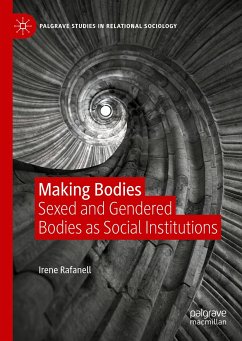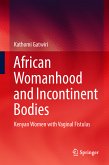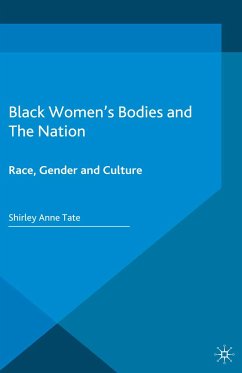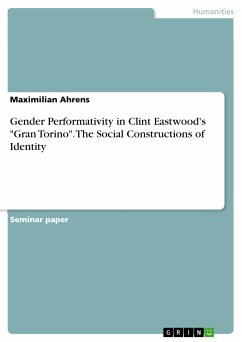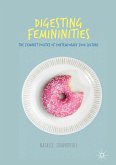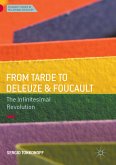-- Martin Kusch, Professor of Philosophy, University of Vienna
This book presents a novel theoretical account of the claim that sexed and gendered bodies are socially constructed. In order to do so it critically reconstructs and combines existing theories of the embodiment of social identity (Bourdieu, Foucault, Butler) with the constructionist account of the Sociology of Knowledge (Strong Programme). This allows the author to develop a detailed conceptual apparatus which helps to analyse the nature of sexed and gendered bodies as social institutions. This book argues for a view ofthe body as an 'artificial kind' of entity which is the effect of contingent and localized practices and that incorporates both social and natural determinants. In doing so, the book reformulates key sociological dichotomies such as nature/society; structure/agency and domination/resistance, critically analysing different structuralist positions and advancing an 'intrinsic' structuralist model which foregrounds the importance of human relations in the constitution of social phenomena. This theoretical investigation has important methodological implications for empirical research into the formation of sex and gender identities and practices, enabling a more objective and naturalistic approach to empirical data concerning social phenomena.
Irene Rafanell is a lecturer at the University of the West of Scotland, UK where she teaches on gender theory, sociology of the body and social theory. Her work explores the connections between social theory, social constructionism, sociology of knowledge and the body. She has also published on the role of micro-affective dynamics on the constitution of social phenomena.
Dieser Download kann aus rechtlichen Gründen nur mit Rechnungsadresse in A, B, BG, CY, CZ, D, DK, EW, E, FIN, F, GR, HR, H, IRL, I, LT, L, LR, M, NL, PL, P, R, S, SLO, SK ausgeliefert werden.

